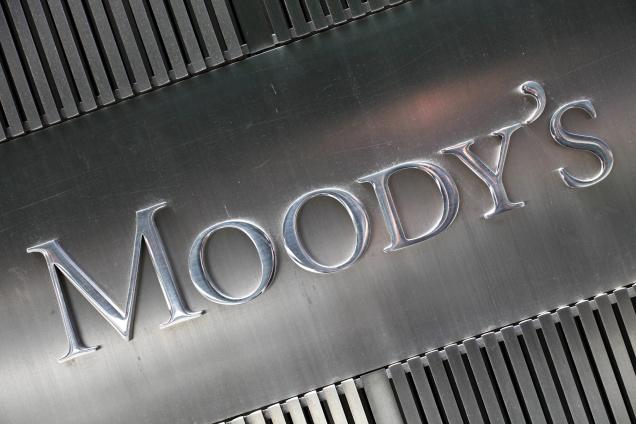
Moody’s Credit Rating Scale Agency predicted in its most recent report on Egypt that the government will most likely fall short of its targeted budget deficit.
Moody’s predicts that the budget deficit will reach 12% this year compared to the 9.9% rate which has been predicted by the Egyptian government.
In its report, Moody’s said that it doesn’t expect the Egyptian government to succeed in allocating its expected revenues for this fiscal year especially after decreasing the value added tax law (VAT), which was passed by the Egyptian parliament, to 13% instead of 14%.
In this context, the analysis reported that the government will fall short of its targeted budget deficit—at 12% instead of 9.9%. This is due to the expected “slippages in revenue targets” and Moody’s expectation that the GDP will only grow by 3.5% instead of the government’s projection of 4%.
Moody’s also explained that with the increased number of exempted goods and services, the VAT “will result in a revenue shortfall of EGP 12bn, equaling one-third of the expected VAT revenue increase for fiscal year 2017”.
However, the minister of investment said earlier that the VAT will be increased to 14% in the next fiscal year, and Moody’s expects that “some of this shortfall” will be made up for through it.”
Moreover, Moody’s expects that inflation will worsen after activating the VAT.
The 13% VAT will take effect as of 1 October 2016, replacing the 10% goods and services tax.
Egypt’s parliament approved a long-awaited law introducing a value-added tax (VAT) of 13 %, rising to 14% in the next fiscal year, a key part of the government’s economic reform ahead of the IMF loan.
The VAT tax works on taxing businesses at each stage of production on the value added each time a commodity changes hands as it goes up the chain from a raw material to a consumer product. As a commodity moves up through the supply chain, each business has to pay taxes to the state. The same principle applies to imported goods, which are taxed when they arrive in the country and each time they change hands after that.
Egypt’s economy has been suffering one of its biggest economic crises in its history. As a result, Egypt seeks the IMF loan agreement and its series of economic reforms including the value-added taxation, cutting electricity subsidies and curbing wage increases. Moreover, economists expect the central bank to devalue the local currency or adopt a flexible exchange rate system aiming to attract investments that will bolster reserves.



